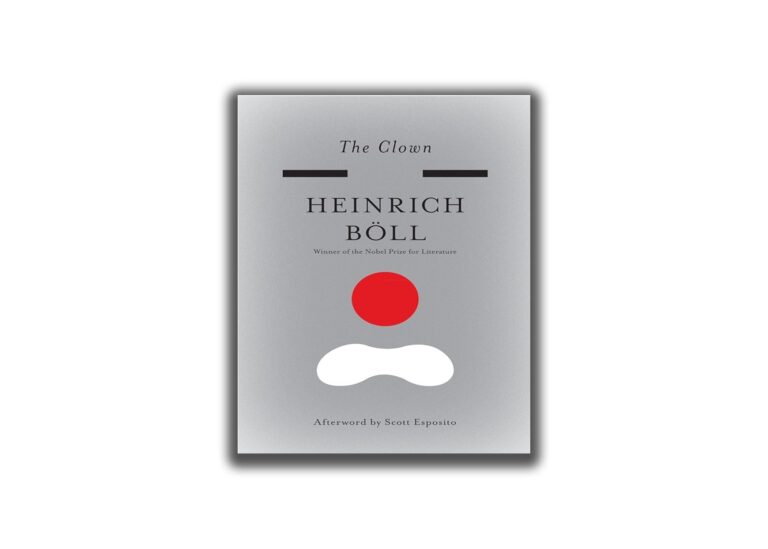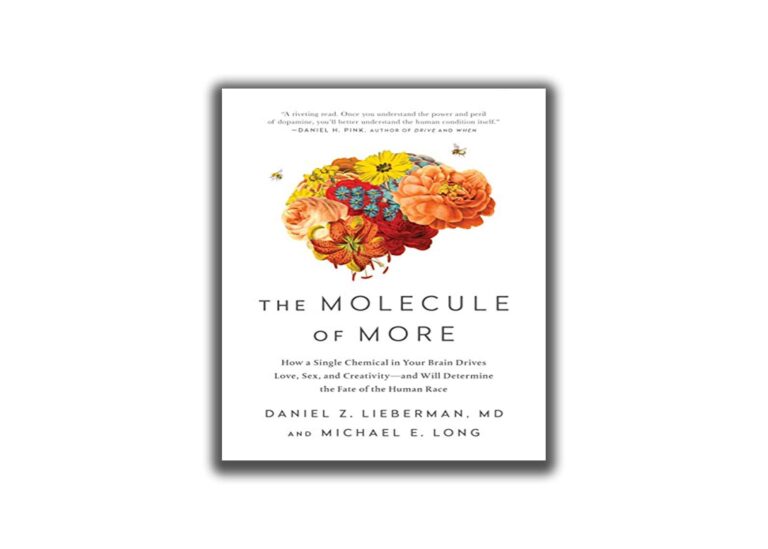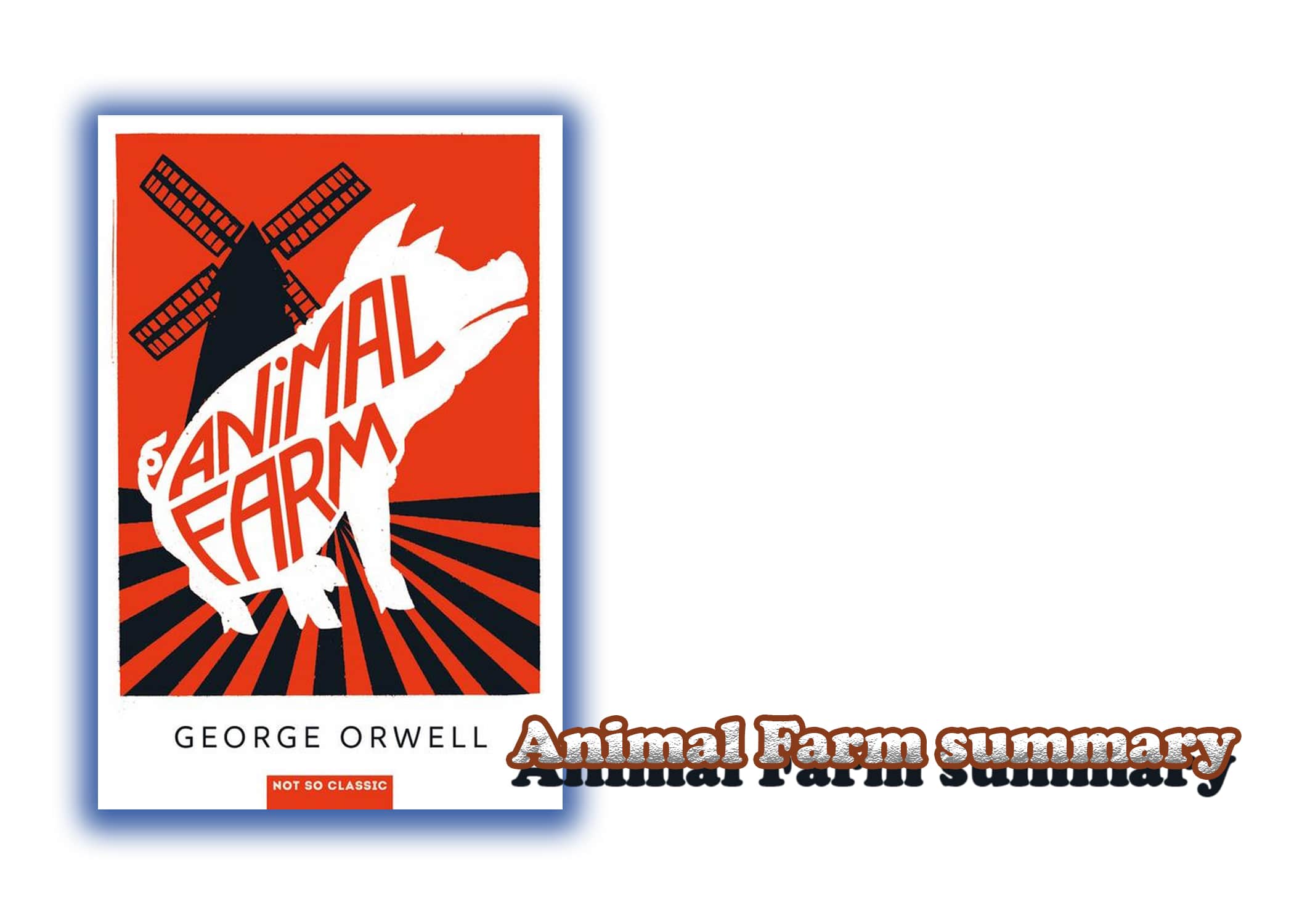
Animal Farm Summary
Animal Farm Summary – A Complete Overview of George Orwell’s Political Allegory
Why “Animal Farm” Still Matters
George Orwell’s Animal Farm is not just a story about animals; it’s a sharp political satire that exposes how power can corrupt even the noblest ideals. Published in 1945, this short novel uses a simple fable format to represent the rise of totalitarianism, specifically Stalinism in Soviet Russia. Despite being written decades ago, Animal Farm remains timeless—its lessons about leadership, manipulation, and freedom are as relevant today as ever.
In this summary, we’ll break down the story chapter by chapter, analyze key characters, and explore its deeper political meaning—all in a practical way that helps you understand both its narrative and symbolism.
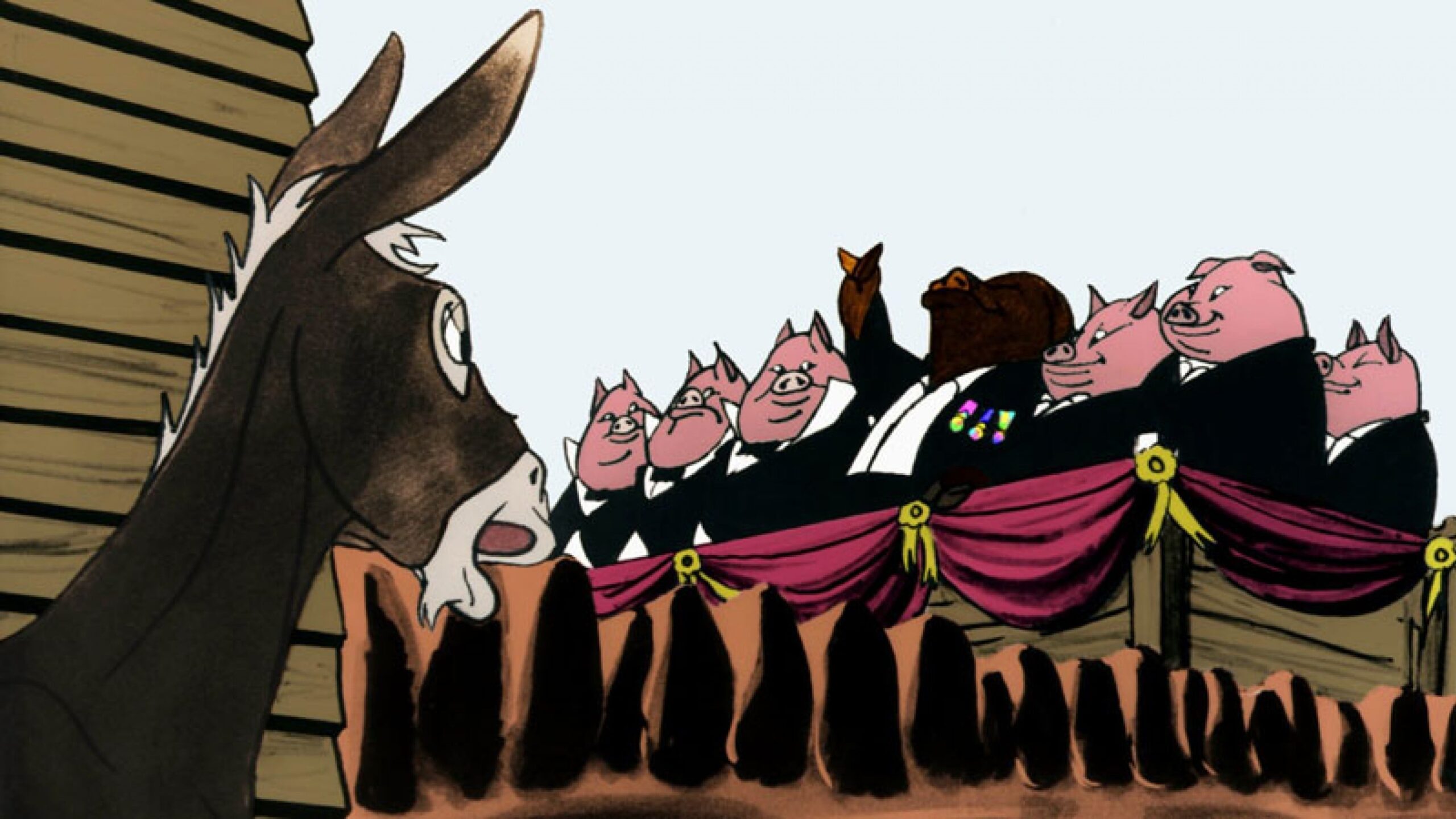
Plot Summary: From Revolution to Corruption
The story begins on Manor Farm, a place owned by the careless and often drunk farmer Mr. Jones. The animals, tired of their miserable lives, gather one night to hear a speech from Old Major, an old and wise boar. He shares his dream of a world where animals rule themselves, free from human oppression. Inspired, the animals sing “Beasts of England”, a song of unity and rebellion.
The Rebellion Begins
After Old Major dies, two young pigs—Snowball and Napoleon—take the lead in organizing the animals. They teach everyone the principles of Animalism, a philosophy based on equality and freedom. When Mr. Jones neglects to feed the animals, they rise in revolt, drive him out, and rename the farm Animal Farm.
At first, everything seems perfect. The animals work together, harvest more efficiently, and celebrate their freedom. They create Seven Commandments written on the barn wall, which promise equality among all animals. The most important rule is simple:
“All animals are equal.”
However, as time passes, things begin to change.
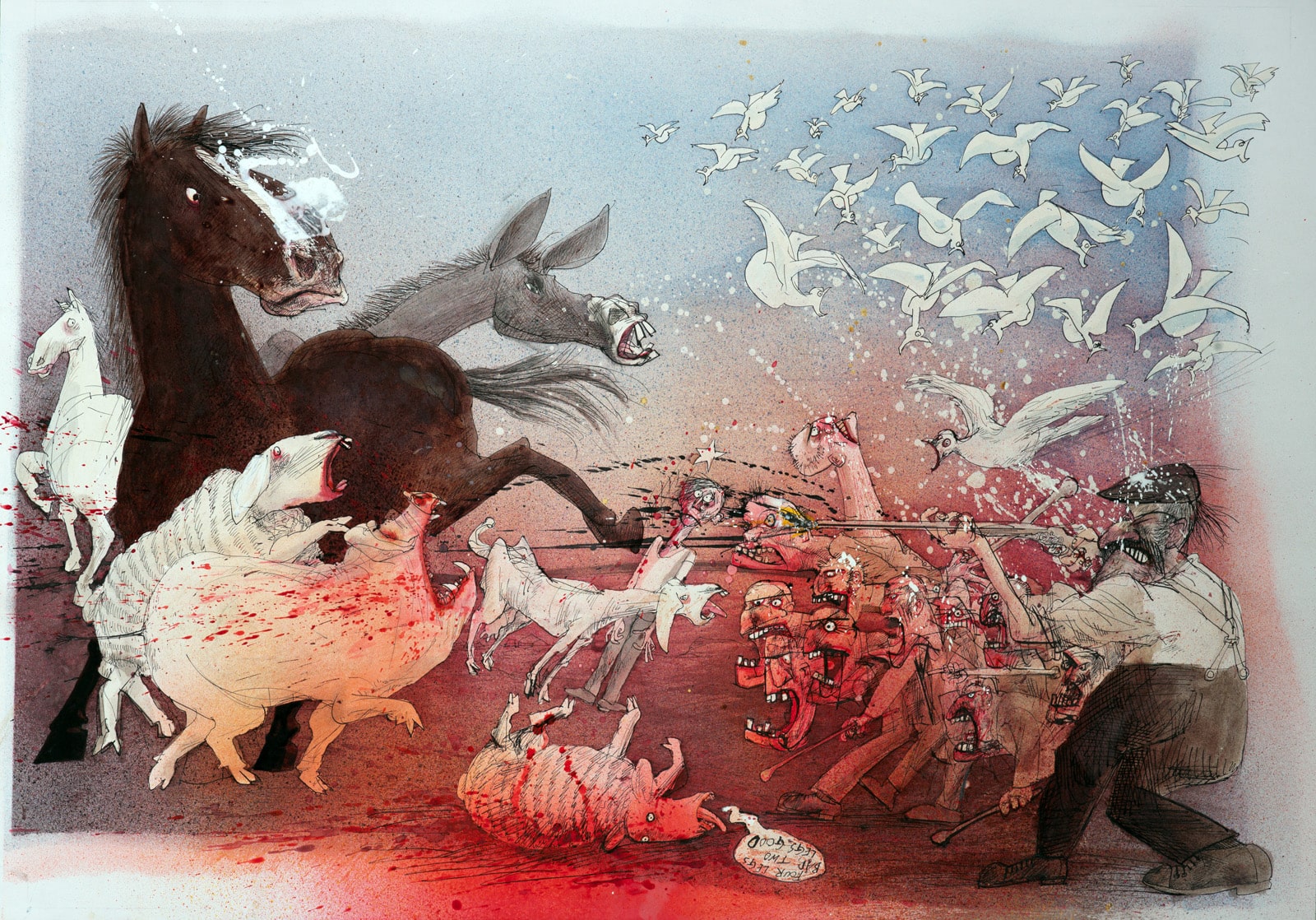
The Rise of the Pigs
The pigs, being the most intelligent animals, naturally take control of leadership and decision-making. Snowball is idealistic, focusing on education and innovation, while Napoleon is cunning, power-hungry, and manipulative. Their rivalry grows intense, especially when Snowball proposes building a windmill to improve life on the farm.
Napoleon disagrees and eventually uses his trained dogs to chase Snowball away. From this point on, Napoleon becomes the unquestioned leader. He rewrites the rules, controls the food supply, and begins to resemble a dictator.
Manipulation Through Language and Fear
One of Orwell’s most powerful tools in Animal Farm is showing how language can be twisted to control others. Napoleon uses Squealer, a persuasive pig, to spread propaganda. Squealer constantly revises history and explains Napoleon’s decisions as being “for the good of all animals.” Whenever animals question something, they are told they “must be mistaken” or “misremembering.”
The famous quote captures the growing inequality:
“All animals are equal, but some animals are more equal than others.”
The animals, mostly uneducated and overworked, begin to accept lies as truth. This manipulation mirrors real-world political propaganda, where information is controlled to maintain power.
The Windmill and the Illusion of Progress
After Snowball’s expulsion, Napoleon surprisingly decides to build the windmill after all. The animals work tirelessly on it, believing it will bring prosperity. However, the windmill collapses—first due to poor construction, then later destroyed during human attacks. Despite their suffering, Napoleon blames Snowball for everything, keeping fear alive to maintain loyalty.
Throughout these struggles, the hardworking horse Boxer becomes the farm’s symbol of dedication and strength. His personal motto, “I will work harder,” shows his blind faith in the leadership. Sadly, when he grows old and injured, Napoleon sells him to a glue factory, pretending he was sent to a hospital. This heartbreaking event reveals the betrayal of the working class by corrupt rulers.
Transformation of the Leaders
As years pass, the pigs become more and more like the humans they once overthrew. They start walking on two legs, wearing clothes, drinking alcohol, and trading with neighboring farmers. The Seven Commandments are gradually altered until only one remains:
“All animals are equal, but some animals are more equal than others.”
By the novel’s end, the other animals look through the farmhouse window and can no longer tell the difference between the pigs and the humans. The cycle of oppression has come full circle.
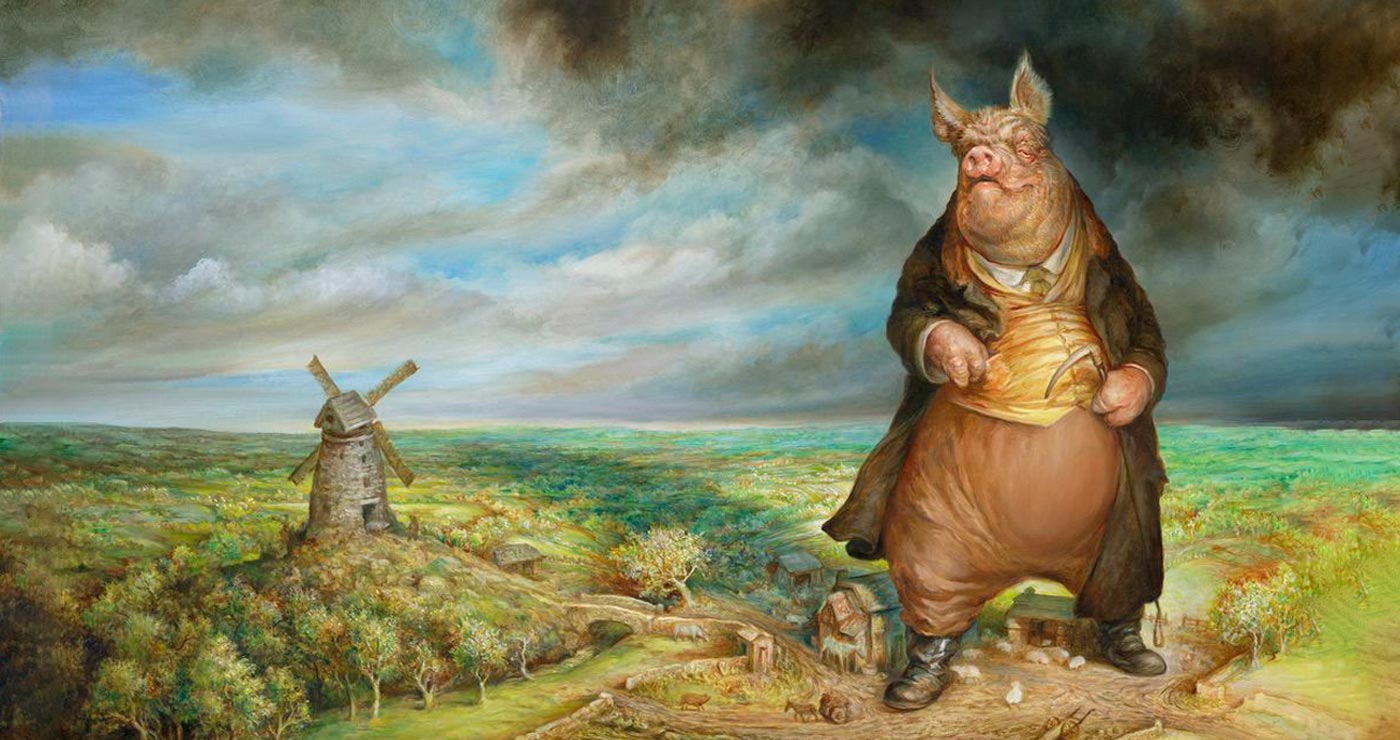
Major Themes and Lessons
1. Power Corrupts Absolutely
Orwell’s main message is that power, when concentrated in the hands of a few, inevitably leads to corruption. Napoleon starts as a revolutionary but becomes as cruel as Mr. Jones. It’s a warning about how revolutions can fail if those in power lack accountability.
2. Ignorance Enables Oppression
Most animals cannot read or question authority, making them easy to manipulate. Orwell highlights the importance of education and critical thinking as tools against tyranny.
3. Propaganda and Control of Truth
Through Squealer’s speeches, Orwell shows how language and media can distort reality. Controlling information becomes the most powerful weapon in maintaining dictatorship.
4. The Betrayal of the Working Class
Boxer represents the loyal working class, exploited until they are no longer useful. His tragic fate exposes the harsh truth behind political hypocrisy.
5. Cycles of History
The novel suggests that history often repeats itself. Even after revolutions, new leaders may become as corrupt as the ones they replaced—unless people stay vigilant.
Character Analysis
| Character | Symbolism | Key Traits |
|---|---|---|
| Napoleon | Joseph Stalin | Ambitious, manipulative, authoritarian |
| Snowball | Leon Trotsky | Intelligent, visionary, idealistic |
| Old Major | Karl Marx / Lenin | Wise, inspiring, ideological founder |
| Boxer | Working class | Loyal, hardworking, naïve |
| Squealer | Propaganda machine | Persuasive, deceitful |
| Mr. Jones | Tsar Nicholas II | Neglectful, cruel ruler |
| Benjamin | Intellectual skepticism | Cynical, observant, passive |
Symbolism and Allegory
Orwell’s Animal Farm is a political allegory of the Russian Revolution (1917) and the early Soviet Union. The rebellion symbolizes the overthrow of the Tsar, while the pigs’ rise to power represents the corruption of socialist ideals by Stalin’s regime. Each event in the story mirrors historical developments—from the purges and propaganda to the betrayal of allies.
However, the novel’s message is universal—it applies to any system where power is abused and truth is manipulated. Whether in politics, corporations, or personal relationships, Orwell warns us how easily freedom can vanish when authority goes unchecked.
Why “Animal Farm” Is Still Relevant Today
Despite being published over 75 years ago, Animal Farm continues to resonate with modern readers. In today’s world of misinformation, media manipulation, and political division, Orwell’s insights feel alarmingly familiar. The story serves as a reminder to question leaders, value truth, and protect democracy.
Educators often use Animal Farm to teach critical thinking, history, and ethics. Businesses and organizations can also learn from it—the importance of transparency, shared values, and avoiding concentration of power
Conclusion: The Eternal Warning of “Animal Farm”
George Orwell’s Animal Farm is far more than a tale about talking animals. It’s a chilling reflection of human nature and political corruption. Through its simple yet powerful narrative, Orwell shows how easily noble ideas can be twisted when people stop questioning authority.
In the end, Animal Farm teaches us that freedom and equality require constant awareness, courage, and the willingness to speak the truth—even when it’s dangerous. That’s why this classic remains a must-read for anyone who cares about justice, leadership, and the fragile balance of power.
In this article from How2, we reviewed one of the favorite books of all people, I think, Animal Farm. This book has wonderful illustrations along with unique characterization. This book is so popular among people around the world that it has been translated into different languages, and you can get different versions of it from Amazon or other bookstores. We recommend you read this wonderful work. To see more articles, visit our newsletter section.
To support us, just introduce us to your friends by sharing this article on social networks.
To contact us, just share your opinions through comments or leave a message on the contact us page.
